The search for Google Reader alternatives is well underway – for those who do not have one already. This follows from Google’s latest announcement that the service will be shut down after July 1, 2013.
Google Reader is a Google service I abandoned a few years ago after trying it out for about 2 months. It just didn’t fit the way I consume that type of service. I chose to go with a local (desktop) alternative after that trial period, and I have been using desktop alternatives ever since.
I have also messed with a few Web-based (self-hosted) alternatives, but chose to stay with the desktop ones because of the hassle involved in maintaining a self-hosted RSS Feed reader and aggregator.
If you are in search of an alternative for Google Reader, this article offers a list to choose from. They have been listed under three categories – Desktop, Self-hosted, and Web service. Three are under each category, and are the ones I’ve either used in the past, or have read about.
Desktop Google Reader alternatives:
1. Akregator – This is a RSS Feed Reader for the K Desktop Environment (KDE), and the one I’m using at the moment. It should be familiar to all KDE users. Like all desktop RSS Feed readers, it has an integrated Web browser, so you can read your RSS Feeds articles in situ or open them in your default Web browser. It is one of the better Google Reader Alternative in this category.
2. Liferea – This was the application I was using to keep up with my RSS Feed subscriptions before I started using Akregator. Feature-for-feature, it’s a match for Akregator..
3. RSSOwl – This is a Java-based, cross-platform (Windows, Mac OS X, and Linux) RSS Feed reader that can also be run as an Eclipse plugin. It has more features than Akregator and Liferea, but I’m reluctant to use it again because of ongoing security issues with Java.
Web RSS Feed service Google Reader alternatives: These are services just like Google Reader that you only need to register to use. You don’t have to install anything on your desktop or host it on your Web server. The advantage these have over the desktop Google Reader alternatives is they can be accessed from anywhere you have Internet access. Wait a minute! But that’s also true of the desktop versions, provided you have your notebook computer with you.
4. Newsblur This has a free and a paid option. The free service lets you subscribe to a maximum of 64 RSS Feeds, with no privacy. That is, you cannot have protected or private Feeds. Also, your “river of news” can be no more than 10, and you are permitted to just 1 update per day.
The paid service, which you can have for just $1 per month ($12 per year) gives you unlimited feeds, with the ability to read all your stories at once. You can also update your Feeds up to 10 times daily. I’ve never used this, but I think it’s worth it, if you really need a subscription-based Google Reader alternative.
5. Feedly is a free subscription service that comes with many “social” features. Apps are available for i-devices, Android and desktops. Never used this one, but I hear it’s very good.
6. The Old Reader This is still in beta, but is said to offer the look and feel of the old Google Reader. It is also free to use. The problem with this, or one of the problems with it, is that it does not have its own authentication system. So to subscribe and use it, you must use your Facebook or Google account to register and log in. I don’t like it, especially given the reasons the developers gave for not having a local authentication system – “We have no plans to implement a separate authentication system for The Old Reader. This requires some development effort which we think would better be spent on actually implementing some useful features.” I think that’s just being lazy on their part.
In any case, since I registered and uploaded a sample OPML file, I’ve been put on queue, behind more than 17,527 other registered users. The message is:
Thank you for uploading your OPML file. We will soon start importing your subscriptions, which might take up to several hours depending on the amount of feeds you have. There are 17,527 users in the import queue ahead of you.”
That was yesterday. At the time of publishing this article, the number is down to 16,510. At that rate, I’d be lucky to read my Feeds by the first week of April. Whenever it happens, I’ll let you know what I think of the service.
Update: Received an email just after midnight (March 23 2013) that my Feeds are ready. Looks nice, but about thirty minutes later, the service was done. More computing power needed on the backend.

Self-hosted Google Reader alternatives: This are for you if you want to run a standalone, Web-based RSS Feed aggregator that you are completely in control of. That means you have to install them on your Web-hosting account. The problem I’ve found with these ones is they do not have an automatic Feed update feature, unless you set up a cron job to take care of that, and updating the application itself is a manual process.
7. Tiny Tiny RSS This is the only one in this category that I’ve used, and it didn’t really impress me. It has support for protected feeds and also has an Android client with limited features. I gave it up because the hassle of maintaining it was not worth it (for me). I just need to be able to read my RSS Feeds, and not have to worry about the added security issue that running another application on my Web server brings.
8. ZebraFeeds Never used this one, but it looks good. It uses only flat-text-files, so you don’t need any SQL database.
9. Selfoss Is the only self-hosted one that also has support for a NoSQL database (MongoDB), besides MySQL and SQLite. I’ve never used it, but its description on Freecode.com is mouth-watering:
selfoss is a multipurpose RSS reader, live stream, mashup, and aggregation Web application. You can register RSS feeds, and this Web-based PHP application will continuously fetch new RSS feed items. The items will be shown in a stream. You can also add other sources, like deviantart, Twitter, or tumblr users. Attaching new sources is very easy, and you can add any source you want (e.g. IMAP email account, log files, etc.). selfoss also allows you to collect all your postings on different communities (e.g. Twitter, your blog, etc.) and show it in one place. It features a Web-based RSS reader, universal aggregator, mobile support (Android, iOS, and iPad), and support for MySQL, SQLite, and MongoDB
Very tempting, but I’ll stick with Akregator for now.
Note: If you were expecting to find ownCloud listed here, sorry! Its RSS/Atom reader application (News app) is not yet ready for prime time. See this article by its founder and lead developer. Here’s a teaser image.


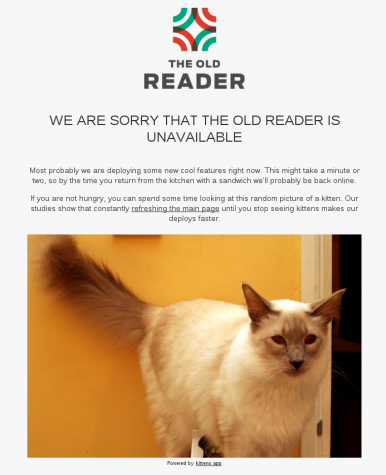
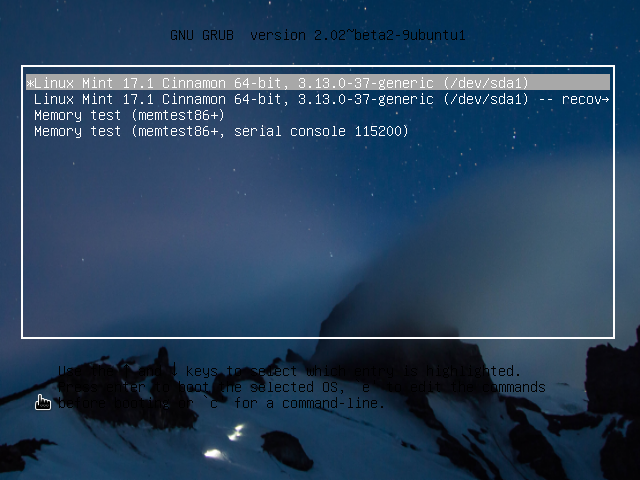
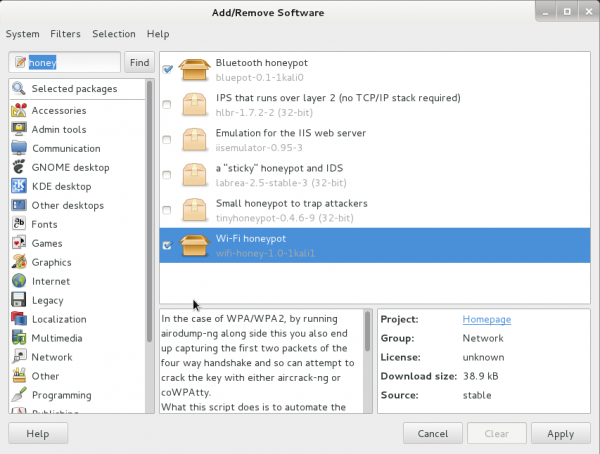
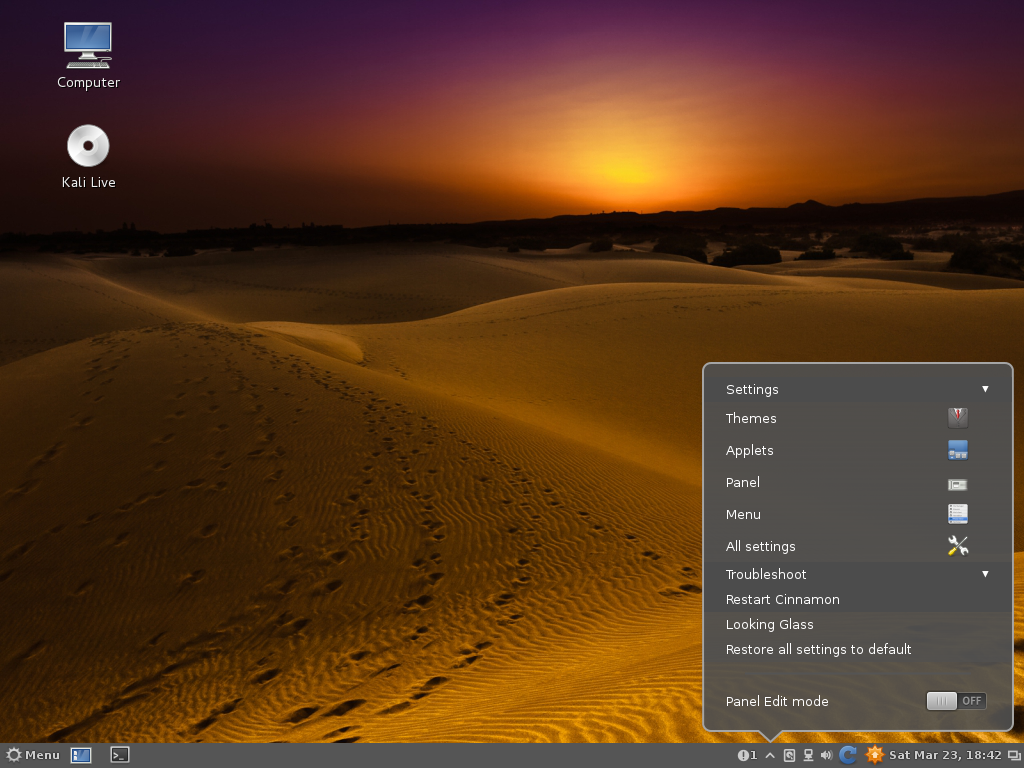
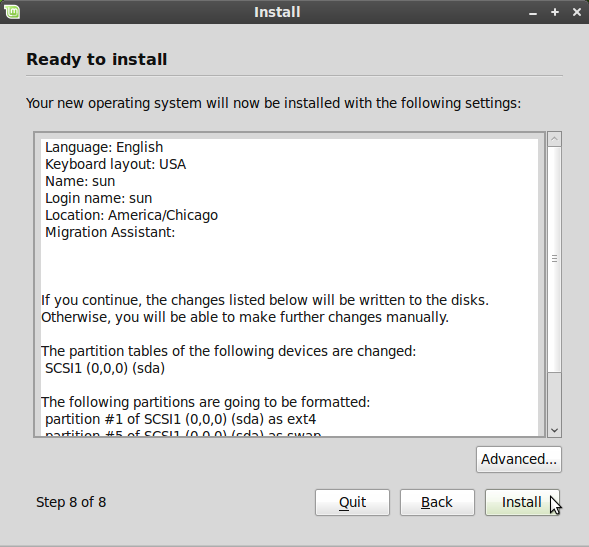


Ummm, I’ll stick with newsbeuter. This command-line RSS aggregator is the best I’ve found and, what’s more, doesn’t carry all the unnecessary bloat of the graphical ones mentioned.
You’re doing tt-rss a huge disservice; it’s really easy to maintain and is user friendly enough to have me switched from google reader immediately.
I think the chorus of positive comments that tt-rss has received is more than enough to counter my assessment of it, which, by the way, is based on a personal experience. Of course, that was sometime ago, so it is possible that it has been improved since.
I think Newsblur can also be selfhosted (but it require some more work) All the code is on github. I will probably just use their service it seems there is a lot of setup to host it yourself(until ex. ubuntu get it packaged to be used with juju) – but also because I would like to support Newsblur
Elena from The Old Reader here.
Actually, we have plans for separate login system (as been written in our blog http://blog.theoldreader.com/post/45337829605/unexpected-day-what-are-we-gonna-do-about-google and uservoice http://theoldreader.uservoice.com/forums/187017-feature-requests/suggestions/3743681-login-without-facebook-or-google).
The import queue should be faster with time, our userbase grew 12x in four days.
Thanks for featuring us!
“So to subscribe and use it, you must use your Facebook or Google account to register and log in. I don’t like it, especially given the reasons the developers gave for not having a local authentication system – “We have no plans to implement a separate authentication system for The Old Reader. This requires some development effort which we think would better be spent on actually implementing some useful features.” I think that’s just being lazy on their part.”
I disagree. I think it is nice that they are giving you a choice of using your Google account or Facebook account. Actually, Google accounts are valid OpenID logins meaning you can use them anywhere you can login with an OpenID. I think it is dumb to re-invent the wheel, especially since this wheel has been re-invented countless times already.
How about Thunderbird (Desktop) and WordPress.com (Web) as RSS readers?
+1 for the NewsFox firefox plugin
Many of theses services are similar to G reader means that we never know when they stop because of…
Try Kriss RSS. A single PH file, no database required and using Bootstrap for Responsive. Very cool. You have just have a shared hosting, putting the file and importing your OPML file from Reader and that all.
https://github.com/tontof/kriss_blog
The problem is that none of them play media in the reader like google reader did… all my podcasts that were media files played with one click in my browser…
Liferea has an option “Play Music and Videos directly from Liferea”
I’ll second (or third, or whatever) other folks opinion of tt-rss — it’s very simple to maintain, and in fact I don’t think I’ve really had to mess with it in ages, aside from reading my feeds. It can do categories, show you only the ‘fresh’ articles that are X days old or newer, etc. Daemon runs very reliably, just start it up once at each boot.
And even though I haven’t yet played with it, the later versions provide an automatic updating capability.
TT-RSS is easily one of the best self hosted RSS alternatives, it acts exactly like Google Reader and I’m talking the old Google Reader, the one with the sharing and note function. It also has an Android app. How this can not be impressive?
And the only configuration that is required resumes to setting up the SQL connection and keep the daemon running, not very hard.
tt-rss takes about five minutes a year to maintain, hardly a ‘hassle’. It uses a daemon to update feeds; you just run it once per boot (or you can set it up as a system service) and forget about it.
Good list of alternatives (better than most other lists which focused only on 3-5 web-only alternatives). I decided to switch to Opera’s built-in Reader for now.
Glad to know about Opera’s Reader. Thanks.
Until owncloud rss will be ready for use -maybe even much longer- I prefer NewsFox, a Firefox addon. It gives me all the advantages of AdBlock and all the other annoyance filters Firefox offers.
Thanks for this very useful information.